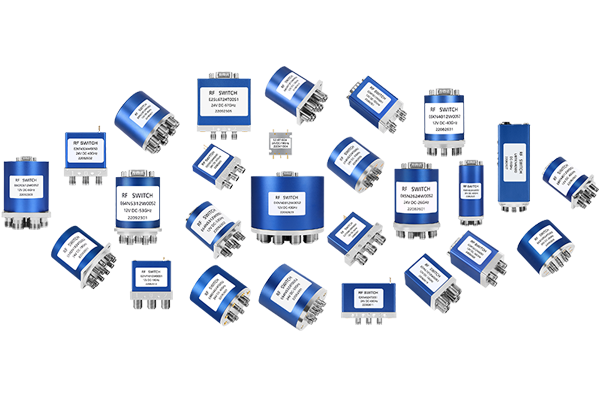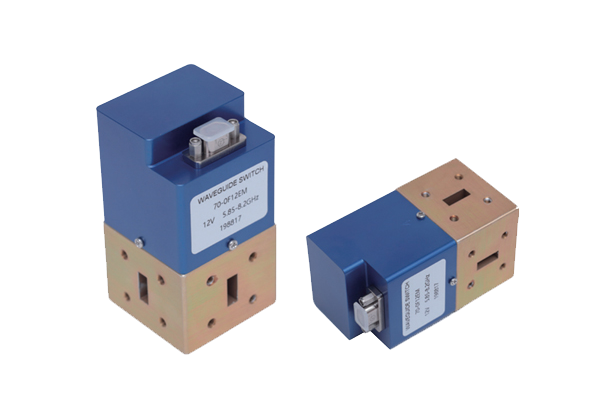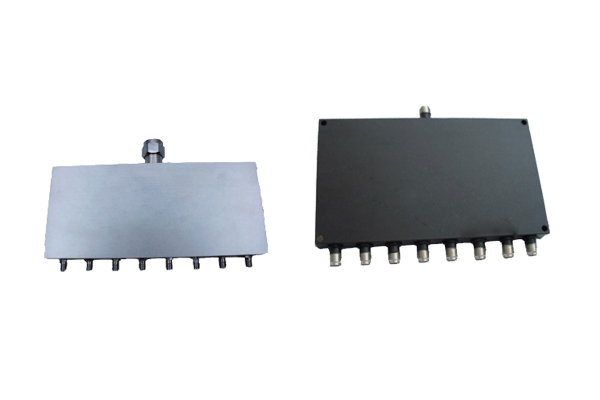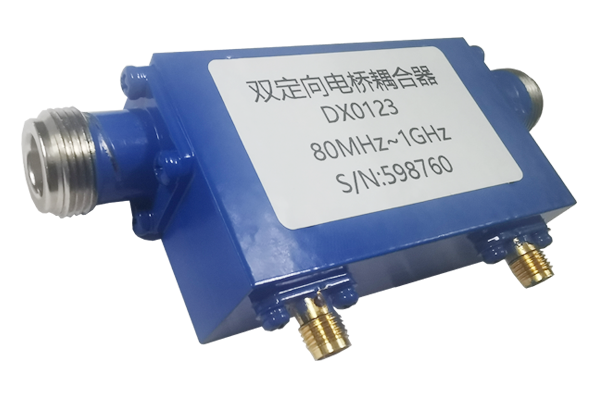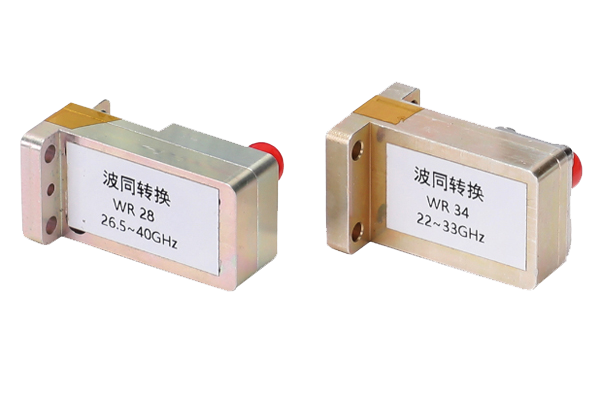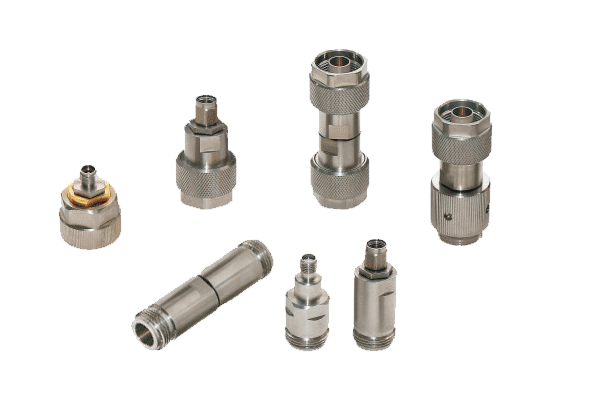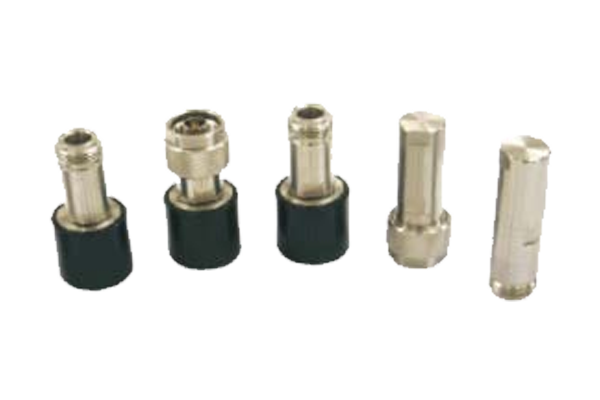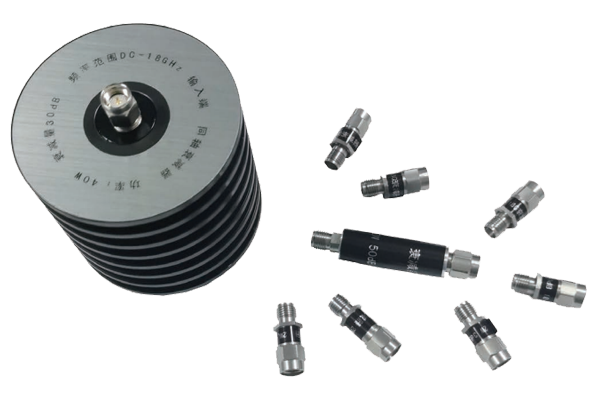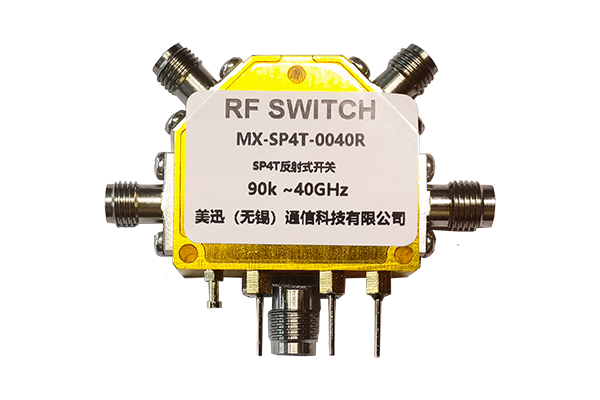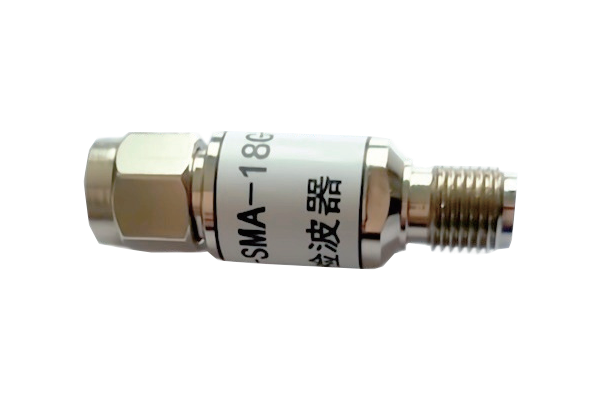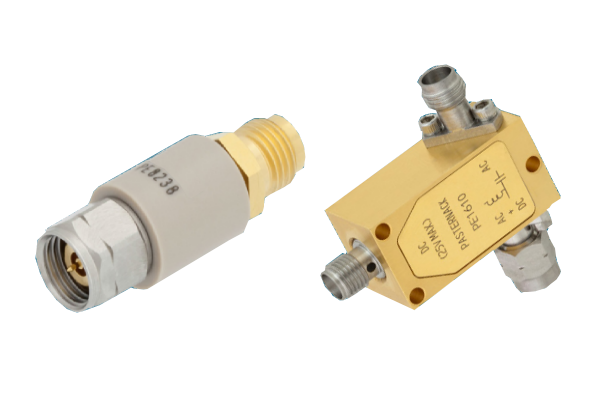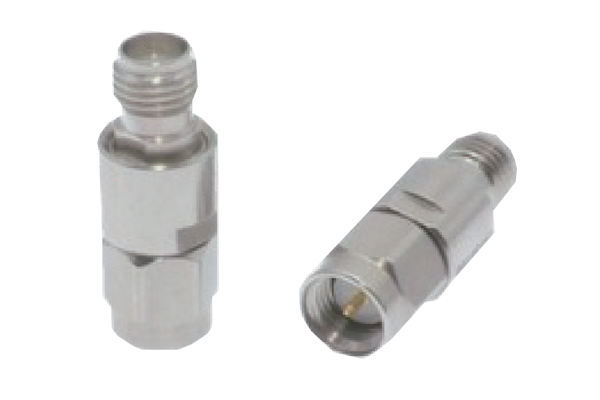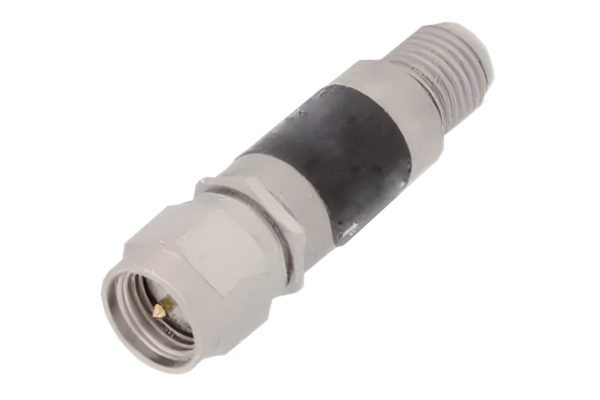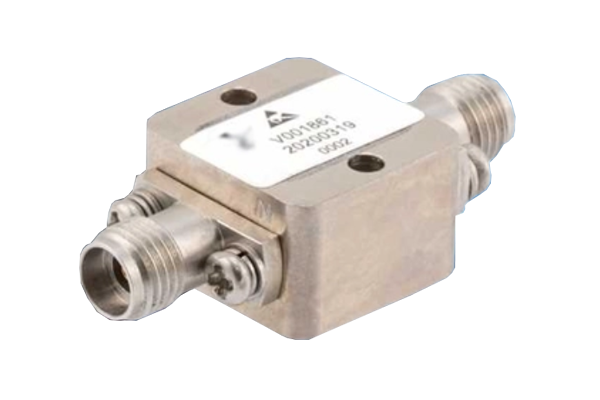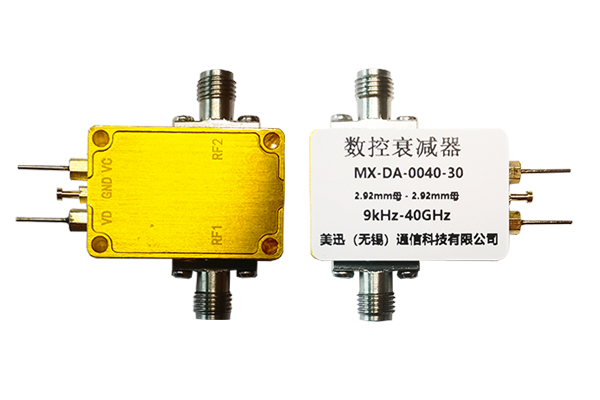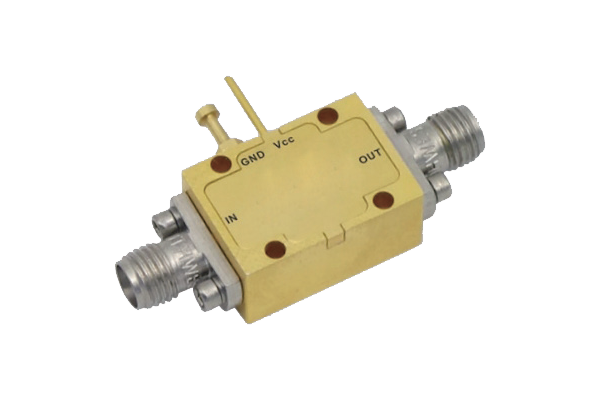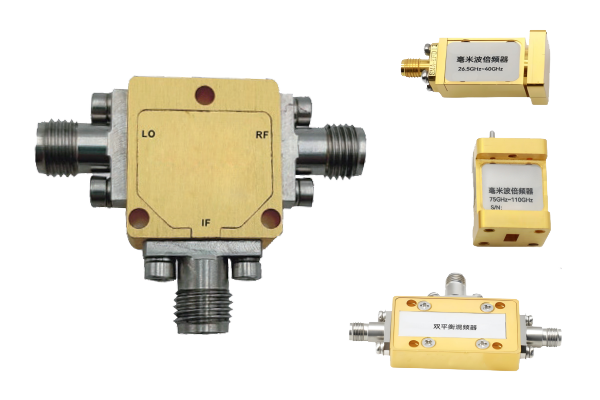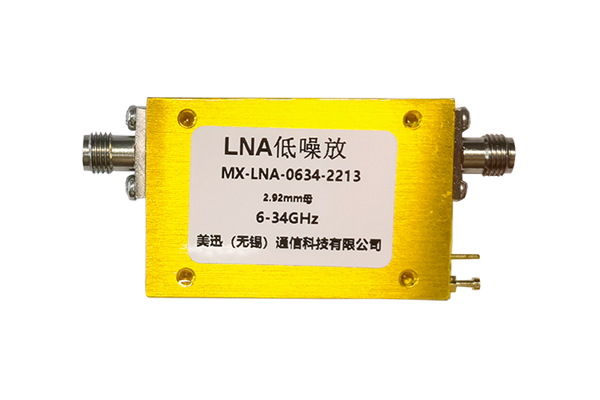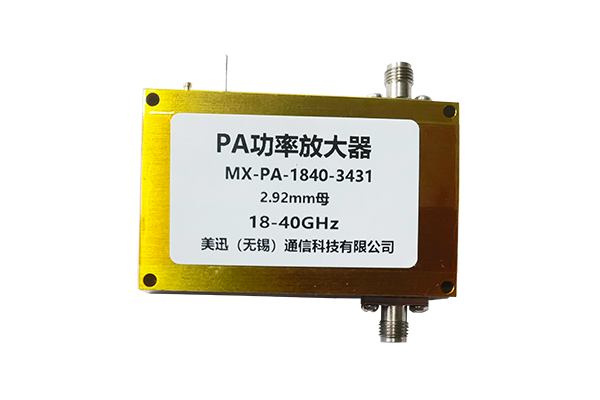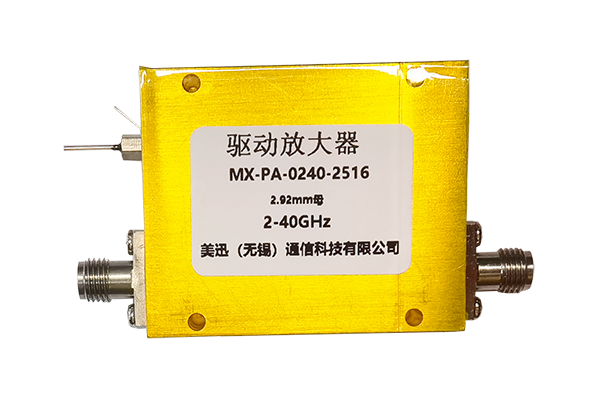Analysis of reasons for performance degradation of low-noise amplifier
Temperature effect
Excessive temperature will change the parameters of components such as transistors inside the LNA, resulting in an increase in its noise factor and a decrease in gain. For example, when the temperature exceeds the normal operating range of the LNA, the on-resistance of the transistor will increase, causing greater signal loss during transmission, affecting the performance of the amplifier.
Low temperature environment may also have an adverse effect on LNA performance, such as making the performance of components unstable, gain fluctuations, and noise factor increases.
Power supply problem
Fluctuations in the power supply voltage may cause the operating point of the LNA to shift, thereby affecting its performance. When the power supply voltage is lower than the specified value, the gain of the amplifier may decrease and the noise factor will increase accordingly.
Excessive power supply ripple will also interfere with the LNA, causing additional noise to be superimposed on the output signal, reducing the quality of the signal.
Electromagnetic interference
Electromagnetic interference in the surrounding environment may couple to the input or output of the LNA, resulting in a decrease in signal quality. For example, other nearby electronic devices, power lines, etc. may become interference sources.
When the shielding measures of LNA are not perfect, external electromagnetic interference can easily enter the amplifier, interact with useful signals, and generate additional noise and distortion.
Component aging
After long-term operation, the transistors, capacitors, inductors and other components in LNA will age and their performance will gradually decline. For example, the amplification factor of the transistor may decrease, and the capacitance of the capacitor may change, which will affect the gain and noise characteristics of the LNA.
Load mismatch
If the output load of the LNA does not match the input impedance of the subsequent circuit, it will cause signal reflection, making the gain of the amplifier unstable and the noise factor increased. At the same time, the mismatched load may also cause power loss and reduce the efficiency of the LNA.



